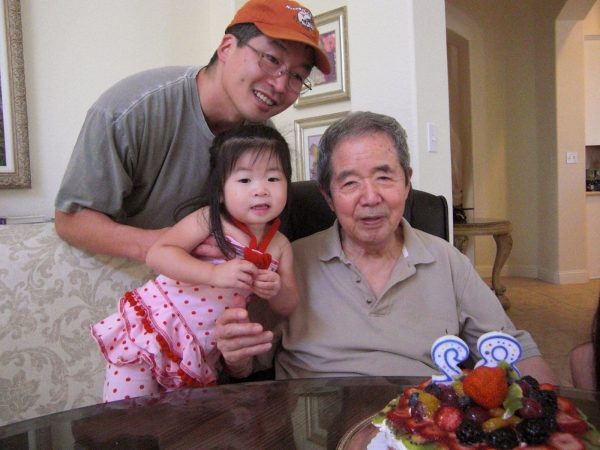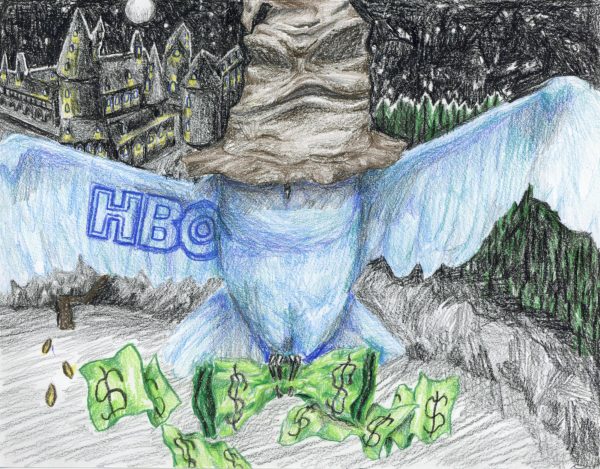Not even water?
This month, millions of Muslims around the world observe the month of Ramadan, which is the holiest month in the Islamic calendar. During Ramadan, Muslims fast from dawn ‘till dusk every day. The fast is intended to bring the faithful closer to Allah (God) and to remind them of the suffering of those less fortunate. It is also supposed to mentally and physically cleanse the body. Forgiveness, mercy, charity and faith are practiced during this month.
Ramadan moves up 11 days every year because it follows the Islamic lunar calendar, so this year my family and I will be spending most of Ramadan in Austin. We spend the summer in Amman, Jordan annually, so I was lucky to experience Ramadan in the Middle East for few years. We were never alone and always ate Iftar (the meal eaten at dusk) with extended family. Getting together to celebrate this holy month is a big part of Ramadan.
After breaking fast with water and dates, Muslims feast on delicious food. I usually help my mom make the food for Iftar, which can be anything from lasagna to stuffed grape leaves. Soup and salad are essentials to any proper Iftar, and I usually help her out with that, too.
The month of Ramadan is an opportunity to get closer to Allah, so Muslims make sure they do their five daily prayers as soon as they hear the Adhan (the call to prayer). There are special prayers practiced specifically for Ramadan, one of which is called the Tarawih. Mosques (muslim place of prayer) overflow with people doing their Tarawih prayers after Iftar. A Muslim must also devote time every day to reciting the holy Quran so that by the end of the month they have finished it at least once. I prefer to pray with my mom at home and don’t go to Mosques very often.
One of the most important things in Ramadan is charity. I have volunteered to help distribute meals and gift bags to orphans and other less fortunate children. Many Muslims give money to local charities and hospitals and some families organize charity tents to feed the homeless during Iftar. You even find people handing out dates and water at traffic lights at Iftar time to those who have not yet had a chance to break their fast.
In countries like Jordan and Saudi Arabia almost everyone stays out until the early hours of the morning eating, shopping and hanging out with family and friends. Businesses and schools adjust their times to have a delayed start in the morning and shorter working days to make life easier for those who are fasting. Non-Muslim countries don’t do this which is why fasting in America is much harder.
Right before dawn, Muslims have Suhoor. Suhoor is a meal that helps those fasting have the energy to fast for the rest of the day. This is kind of hard for me because Suhoor ends at around 5 a.m. in Austin which means I eat at around 4:30. Going back to sleep only to wake up again two hours later is not ideal, but it’s the only way I can eat and get to school on time.
The end of Ramadan is celebrated by a three-day holiday called Eid al-Fitr. Kids often receive gifts and cash from older relatives, and families exchange visits with relatives and friends. I usually have a big lunch at my grandpa’s house with my family that almost always includes some sort of lamb dish such as mansaf.
I look forward every year for the month of Ramadan and the traditions this special month brings. Ramadan Mubarak!





